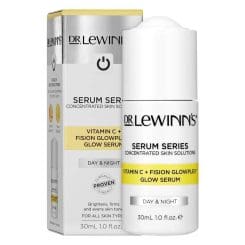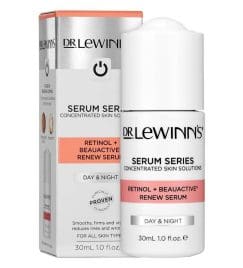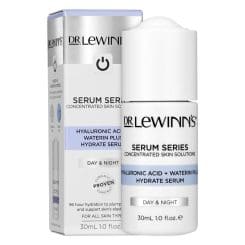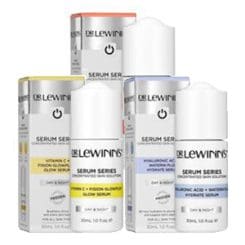Three Foods To Avoid For Seriously Flawless Skin
If there’s one thing that nobody likes it would have to be bad skin days. It might be cute when you’re 13-years-old and gawky, but there comes a time in every woman’s life when skin issues just aren’t cute anymore.
When it comes to looking after our skin, most of what we know is to do with what we do to on the outside. From cleansers, to creams, to masks, there is a never-ending range of options on offer.
However, according to women’s hormone expert Alisa Vitti of Flo Living, what you put into your body is just as important as what you put on your skin. “What you put into your body is what will determine the outcome on your skin,” Vitti told Well+Good.
Because your skin is an organ, it works alongside other parts of your body such as your liver and large intestine. If those parts of your body are not in good shape, it’s only natural that your skin will also not be at its best and if this is happening, rubbing a cream on your skin really isn’t going to help solve the problem.
“No amount of expensive creams or prescription pills will truly heal your acne,” Vitti explained. “So what can you do about it? The answer is (thankfully) simple: prevent the problem through food and personal-care choices.”
Caffeine
We all know that caffeine isn’t exactly great for us, however many of us don’t realise that too much caffeine has the ability to strip our body of vital nutrients such as magnesium and zinc. If we are low in these nutrients our entire body – including our skin – will be impacted. Remember that caffeine is in black and green tea too, so coffee isn’t the only guilty one here.
Dairy
According to Vitti, dairy can often be a problem for our skin because it often contains synthetic hormones that can make our hormone levels go crazy. If your hormone levels are out of whack this will often show in your skin.
Cooking oils
Cooking oils such as canola, sunflower and other vegetable oils can often be problematic because they contain high levels of omega-6. During peak estrogen times omega-6 can contribute to skin inflammation.






